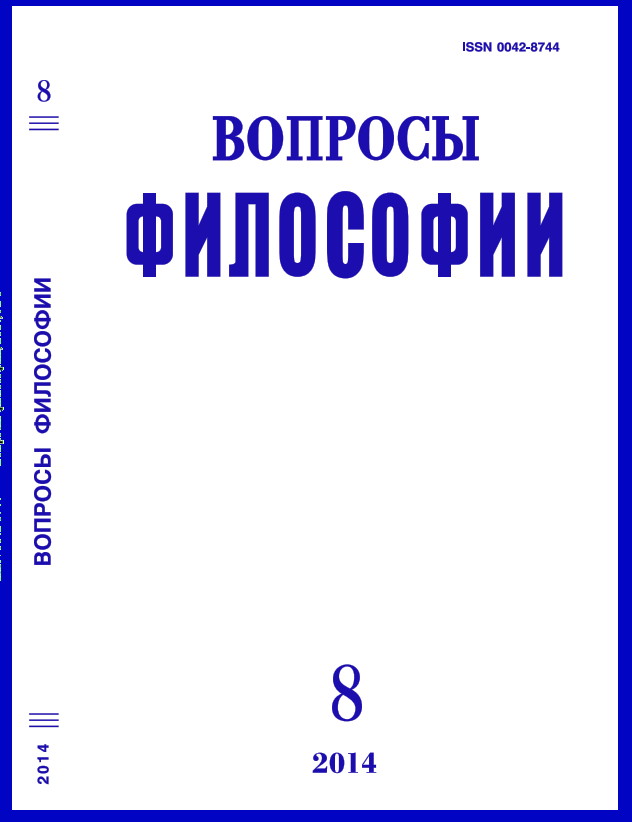Totalitarian Eidology or Underground Daydream
Keywords:
totalitarianism, Socialist Realism, poetics, semiotics of culture, image, image-form, symbol, architecture, design, the Moscow metro, the collective unconsciousAbstract
The aim of this article is to describe image-forms which play significant role in so called Culture Two (Vladimir Paperny) – the system of codes and cultural practices of totalitarian society during the reign of Stalinism in politics and socialist realism in art. Image-form (from Ancient Greek: ε̉ίδος) is one of the fundamental categories of Plato’s aesthetics. It denotes visual or acoustic image of strong semantic characteristics which are essential for understanding cardinal immaterial senses. The researches were conducted on the basis of Moscow Metro architecture and decor. The analysis covers pictures of the sky, light, stars, water, plants, including flowers and fruits, banner, the symbol of hammer and sickle and the image of leader. A great deal of the article is dedicated to complex architectural and spatial forms of palace and temple.

